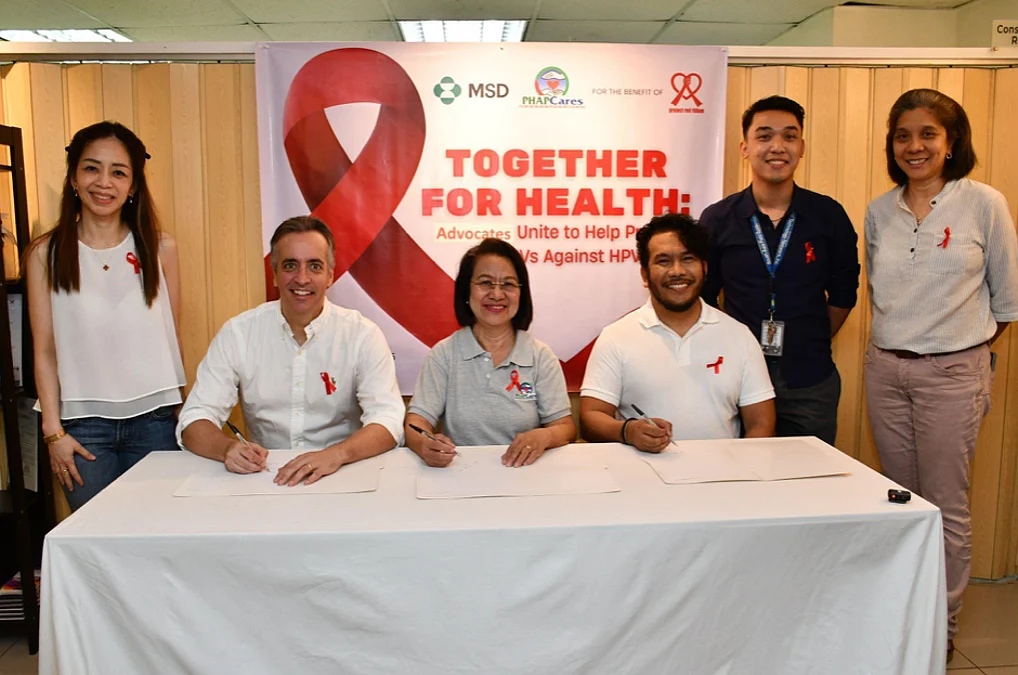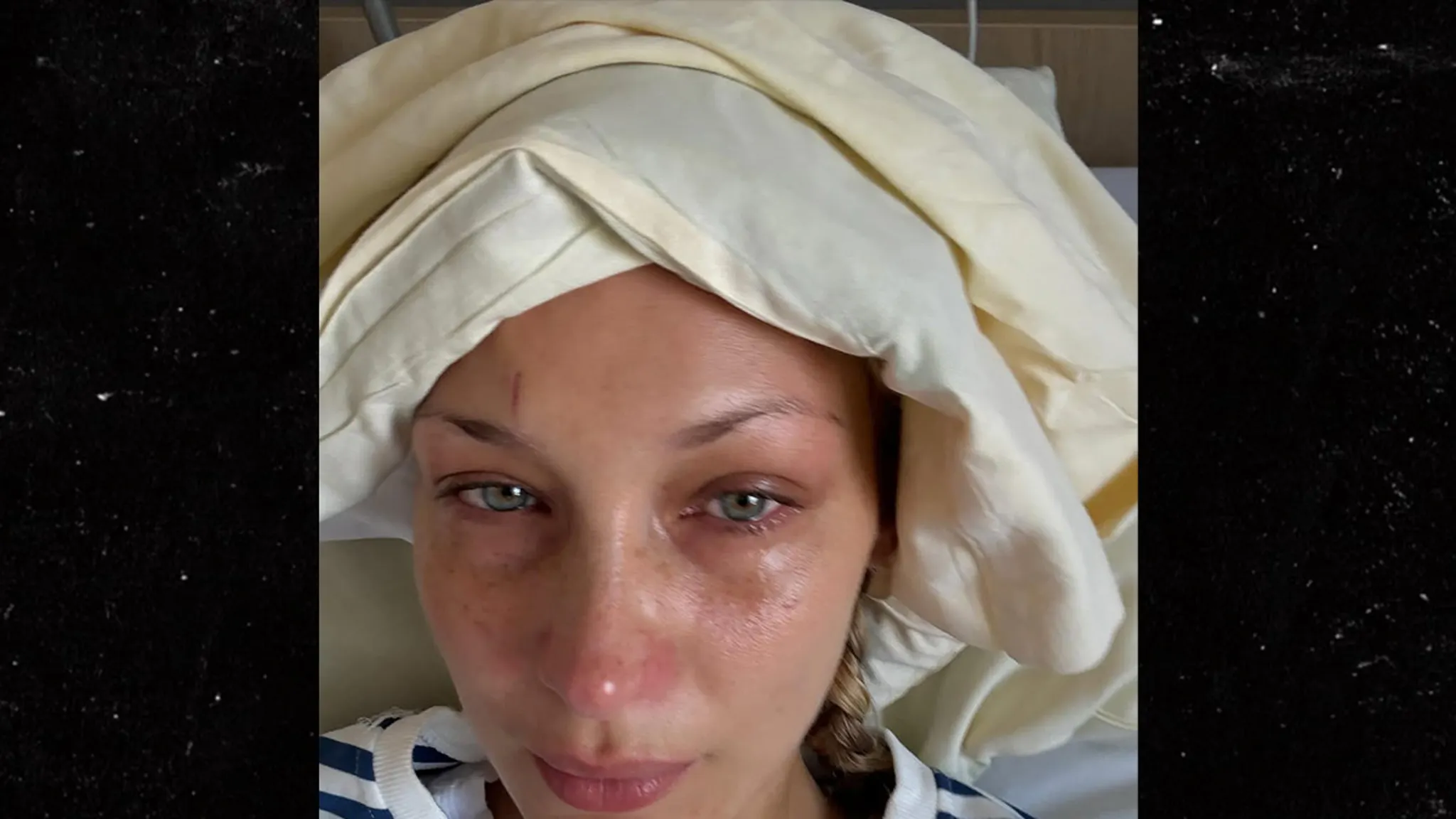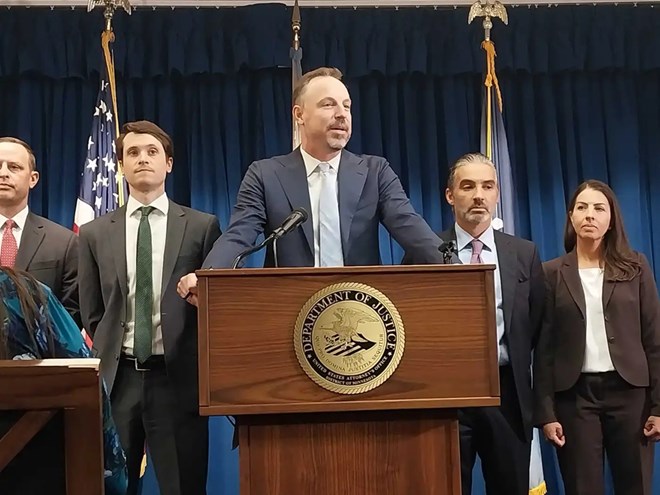By Jefferson Fernando
Copyright tribune

In a powerful demonstration of compassion and collaboration, MSD in the Philippines has donated 1,500 doses of the human papillomavirus (HPV) vaccine to the PHAPCares Foundation, earmarked for Project Red Ribbon, a non-stock, non-profit group dedicated to HIV and AIDS advocacy. This initiative will provide 500 people living with HIV (PLHIV) the protection of a complete three-dose HPV vaccination, spanning six months to a year. HPV-related cancers remain among the leading causes of death in the Philippines and other developing nations. For PLHIV, the risks are even higher—making this donation a vital step toward saving lives. Safeguarding the Vulnerable “Andreas Riedel, President and Managing Director of MSD in the Philippines, expressed the company’s vision: “This donation is a humble contribution that will help protect the PLHIV community from HPV-related diseases, including cervical cancer and other HPV-related cancers. More importantly, we hope this effort calls attention to the urgent need for leaders across sectors to prioritize and address the health needs of people living with HIV, empowering them to live and thrive with dignity as productive members of society.” Riedel also extended gratitude to PHAPCares for championing equitable access to medicines and vaccines, and to Project Red Ribbon for its tireless work uplifting the HIV community. The Hidden Burden of HPV According to UNAIDS, 220,000 Filipinos are living with HIV. Years of multi-sector collaboration have helped bring down HIV-related deaths to less than 0.0020%, but challenges remain. Women with HIV are six times more likely to develop cervical cancer compared to those without. Persistent HPV infection in PLHIV can quickly progress to cervical, anal, and other cancers—often with poorer treatment outcomes. Despite international guidelines recommending HPV vaccination for PLHIV, access is limited in the Philippines. Most services remain confined to private clinics or pharmacies, often at prohibitive costs. “This is not just for patients, but also for their families and communities,” emphasized Dr. Maria Rosarita Siasoco, Executive Director of PHAPCares. “At PHAPCares, we don’t see it as charity. We see it as dignity in action—reaching out, giving hope, and touching lives.” Building on a Legacy of Cancer Prevention MSD Philippines has long championed HPV awareness and vaccination. Over the past decade, it has worked with the Department of Health (DOH), Department of Education (DepEd), and partner organizations to bring HPV vaccines into school-based programs. Campaigns such as One Community Against HPV, S.H.I.E.L.D. Against Cervical Cancer, and the TapusinNatin petition have galvanized public awareness and advocacy. This latest donation supports the World Health Organization’s 90-70-90 strategy to eliminate cervical cancer by 2030:• 90% of girls fully vaccinated against HPV by age 15• 70% of women screened at ages 35 and 45• 90% of women with cervical disease receiving treatment “Private sector partnerships expand our capacity to deliver comprehensive services,” said Syo Joseph Mateo, HIV Surveillance Officer at the DOH Epidemiology Bureau. “The HPV vaccine allocation for PLHIV shows how collaboration strengthens the continuum of care and ensures health systems are more responsive to the needs of our communities.” Partnerships with Purpose For Project Red Ribbon, the donation is more than medicine—it is a lifeline.“On behalf of the more than 10,000 PLHIV and 200 children living with HIV that we serve, maraming salamat for trusting us to bring vaccines to those who need them most,” said Ico Johnson, the group’s President and Vice President of My Hub Cares. Community voices echoed this sentiment. “In our community, reaching out can be difficult. That’s why we need programs like this, which allow us to express ourselves, access healthcare, and protect the younger generation,” added Harvey Alvarez, Clinic Case Manager and Peer Support at My Hub Cares. No One Left Behind By coming together, MSD Philippines, PHAPCares Foundation, and Project Red Ribbon are closing gaps in cancer prevention and reshaping the future of public health. Their partnership underscores a clear message: prevention is the strongest defense, and every Filipino—regardless of status—deserves protection, dignity, and a chance to thrive. As the fight against HPV and cervical cancer continues, initiatives like this prove that when compassion meets collaboration, lives are not only saved—they are uplifted.



